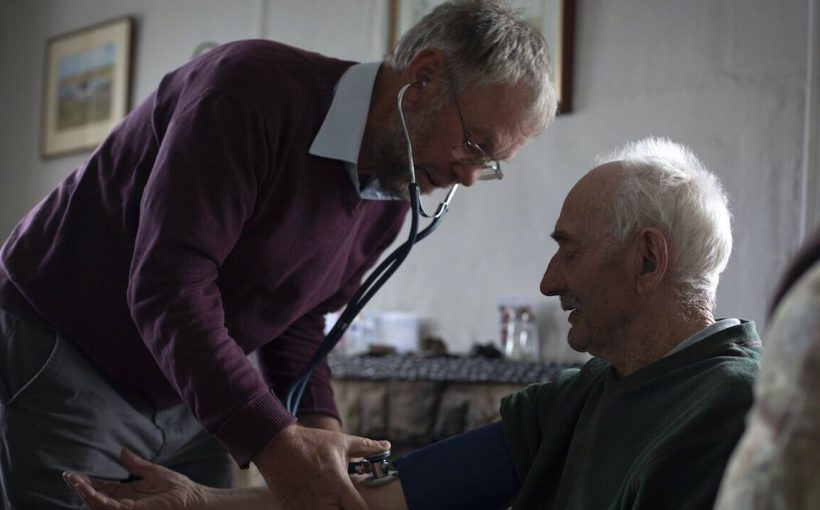Over 3 million Brits forced to go private as NHS crumbles
We use your sign-up to provide content in ways you’ve consented to and to improve our understanding of you. This may include adverts from us and 3rd parties based on our understanding. You can unsubscribe at any time. More info
The NHS is at a critical moment, with backlogs caused by the Covid pandemic not remedied, leaving people waiting for appointments. While the Government has pledged to correct the issue, millions of people have spent months on waiting lists, causing GPs to miss vital targets. Recent data has revealed six areas have disproportionately low GP numbers, which will likely only exacerbate the issue.
Which areas have the fewest GPs?
Recent NHS statistics show the UK’s GP population is rising, with approximately 30,704 employed in the first quarter of 2022 (January to April).
Those numbers are shared disproportionately across the country, causing shortages in some regions.
Figures compiled by Nuffield Health, a UK-based health charity, found six areas with the fewest GPs.


The charity found that some GPs are handling thousands of patients each across the UK.
Data showed several regions with fewer than 50 GPs per 100,000 patients, leaving doctors caring for roughly 2,000 alone.
Regionally, parts of Essex, Hull, Portsmouth and Brighton have the lowest doctor populations in the UK.
Clinical Commissioning Groups (CCGs) in these areas have between just 39.5 GPs per 100,000 to 46.

The areas with the fewest GPs include:
- Portsmouth: 39.5
- Thurrock: 40.3
- Hull: 41.9
- Brighton & Hove: 44
- Kent & Medway: 45.2
- Basildon and Brentwood: 46.2
Growing NHS waiting lists mean that Britons are waiting much longer on average to receive the attention they need, but the issues persist after GP appointments.

Data compiled by the British Medical Association (BMA) shows that NHS cancer referral times have fallen below target in England over the last few years.
NHS targets require cancer patients to receive their first consultant appointment within two weeks of an urgent GP referral.
And their treatment should start within two months of that referral.
But the BMA found referrals have lagged behind these targets since the pandemic began, and they have not recovered.
In January 2021, nearly a year into the Covid pandemic, only 83.4 percent of patients received their consultation within two weeks.
Even fewer – 71.2 percent – had their first treatment two months after their initial referral.
After a brief resurgence back to target the following month, the NHS has slipped foul of those targets again.
As of February 2022, 80.7 percent of NHS patients had their first consultation within two weeks, and 62.1 percent started treatment a month after their referral.
Source: Read Full Article
